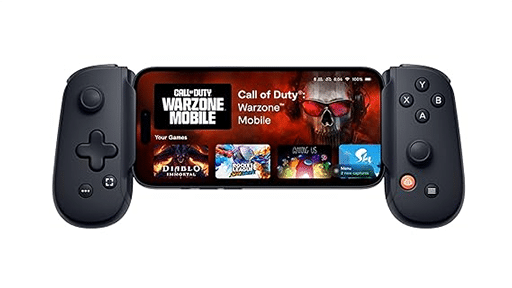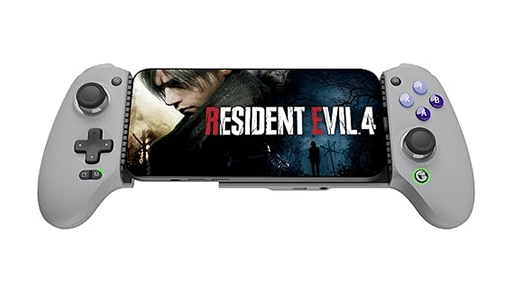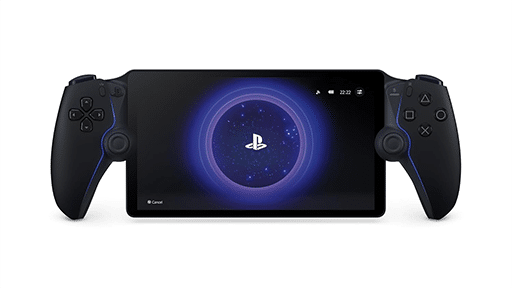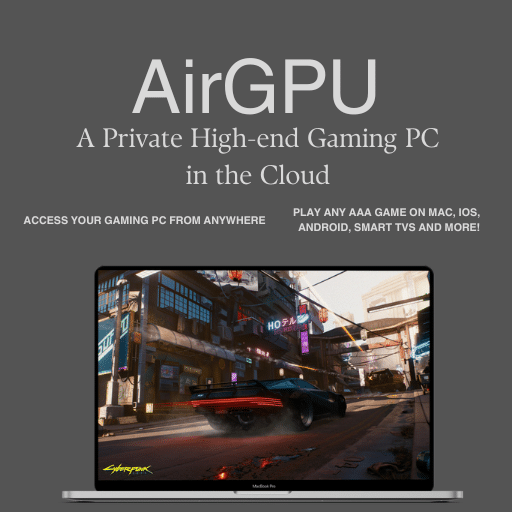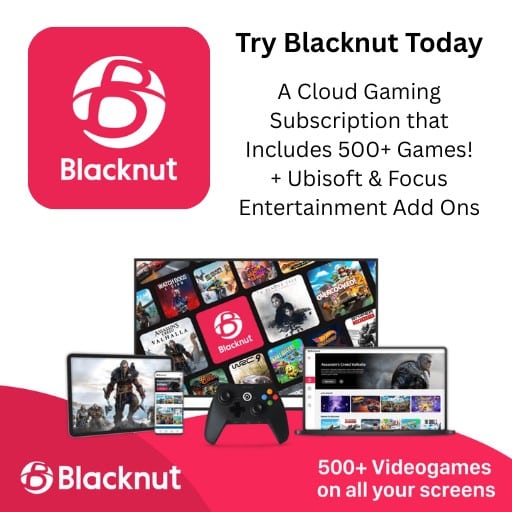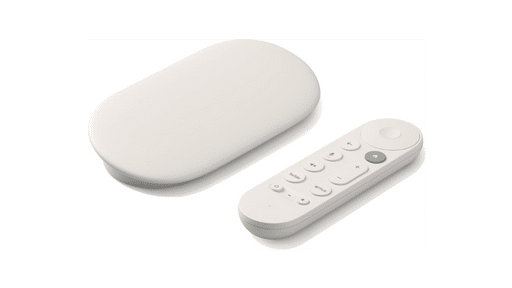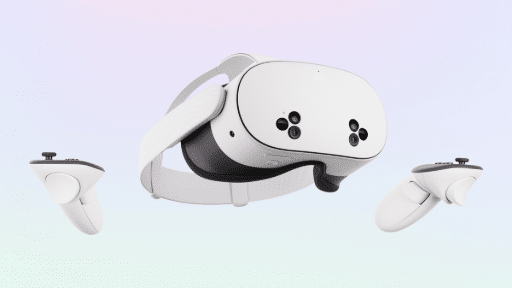
Expanding Access, Not Replacing Consoles
When Jason Ronald spoke about Xbox Cloud Gaming, he framed it as part of a bigger effort to give gamers more choice. He emphasized that Microsoft’s goal is to “bring more games to more people”. That means adding servers to handle demand, expanding into new regions, and ensuring that gamers can pick up their library across devices.
Ronald also pointed out that cloud isn’t just about the living room anymore. Sure, you can fire up Xbox Cloud Gaming on an LG TV with no console connected, but he also talked about playing on handhelds like the Xbox Ally or accessing your library while traveling. The message is clear: Xbox sees cloud gaming as a way to make your library portable and always available, not tied to a single device.
This matches Cloud Dosage’s stance that cloud is additive, not a replacement for traditional gaming. Consoles, PCs, and handhelds still have their place, but cloud extends the ways you can play. It’s not about removing options. It’s about unlocking more of them.

Affordability and What It Really Means
The part of Ronald’s comments that caught the most attention was his mention of making Xbox Cloud Gaming “more affordable, and more accessible to players”. On the surface, it sounds like Microsoft might be preparing a new, cheaper subscription tier. That’s the angle many headlines jumped to, but it’s not what he actually said.
Affordability could mean different things. It could be regional pricing in markets where Game Pass Ultimate is expensive relative to income. It might mean options focused on “stream your own” libraries, where you only pay to access the servers rather than the full Game Pass catalog. Or it could mean promotional offers or subsidized models, like the ad-supported plan that Microsoft’s CFO hinted at in the past.
The important takeaway is that Xbox Cloud Gaming is not suddenly on track to become a bargain-priced standalone subscription. Running cloud servers is expensive, and as Jack explained back in June cloud gamers actually cost platforms more to support than those playing locally. When Ronald talks about affordability, it’s more realistic to think of it as broader access rather than simply slashing prices.

Why a “Cheap Cloud-Only” Plan Might Backfire
It’s easy to imagine Xbox Cloud Gaming as a stripped-down service that should naturally cost less. But history shows the opposite is more likely. A standalone plan would shift the full cost of maintaining servers directly onto those who subscribe. Without console and PC gamers in the mix to balance the expense, the price could actually climb higher than what you see bundled today.
There’s also the risk of a “cloud-lite” model. That could mean access limited only to streaming games you already own, without the Game Pass library attached. Such an option might look cheaper at first glance, but it would provide far less value compared to the current Ultimate package.
Another route Microsoft could explore is ad-supported streaming. This has been hinted at before, and it could allow for a lower entry price. The tradeoff, of course, would be interruptions and reduced control over how the service feels to use.
The bottom line is simple: a cloud-only plan isn’t guaranteed to be a win for gamers. If it arrives, it will likely come with tradeoffs in cost, content, or convenience.
Game Pass Integration and Flexibility
At the moment, Xbox Cloud Gaming is included as part of Game Pass Ultimate. Jason Ronald highlighted how Ultimate isn’t just about catalog access. It also now lets you stream games you’ve purchased outright. That means if you buy a game outside of Game Pass, you can still fire it up in the cloud and carry your progression across every device you use. It’s a subtle but important shift that makes the service more flexible.
This flexibility is just as much a part of “affordability” as price itself. Being able to move between console, PC, TV, or handheld without losing progress saves you time, lowers the barrier to entry, and broadens the ways you can actually use your subscription.

Xbox Cloud Gaming Affordability
Jason Ronald’s comments on the Official Xbox Podcast underline an important truth: Xbox Cloud Gaming is growing, but affordability doesn’t automatically mean cheaper subscriptions. The focus is on making the service more accessible, whether that’s through expanding into new regions, giving more ways to use your own library in the cloud, or ensuring that progress carries seamlessly across devices.
Some outlets have jumped straight to speculation about a cheap, cloud-only tier. That may sound appealing, but history and economics suggest it would come with tradeoffs. As we’ve argued before, cloud gaming costs more to deliver than local play, and any standalone plan would have to account for that. What looks like a discount could easily mean fewer features, ads, or a higher price over time.
What’s clear is that Xbox continues to see cloud as an additive piece of its ecosystem, not a replacement for consoles or PCs. That’s good news for anyone who wants flexibility, whether you’re streaming on a TV, relaxing with a handheld, or picking up progress while traveling. The service is evolving, but the message for now is to enjoy the new options without expecting Game Pass Ultimate in the cloud for half the price.
As always, remember to follow us on our social media platforms (e.g., Threads, X (Twitter), Bluesky, YouTube, and Facebook) to stay up-to-date with the latest news. This website contains affiliate links. We may receive a commission when you click on these links and make a purchase, at no extra cost to you. We are an independent site, and the opinions expressed here are our own.


